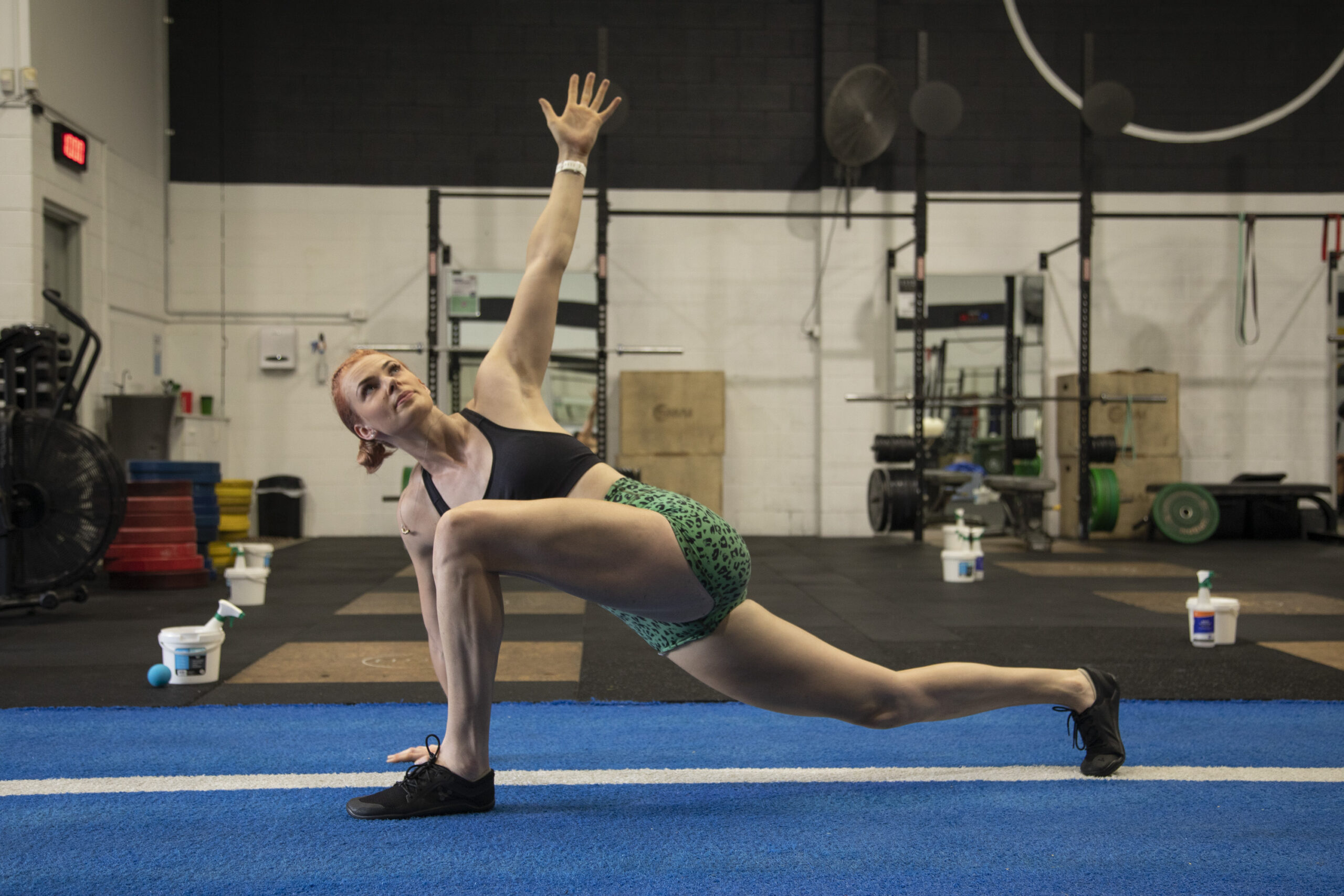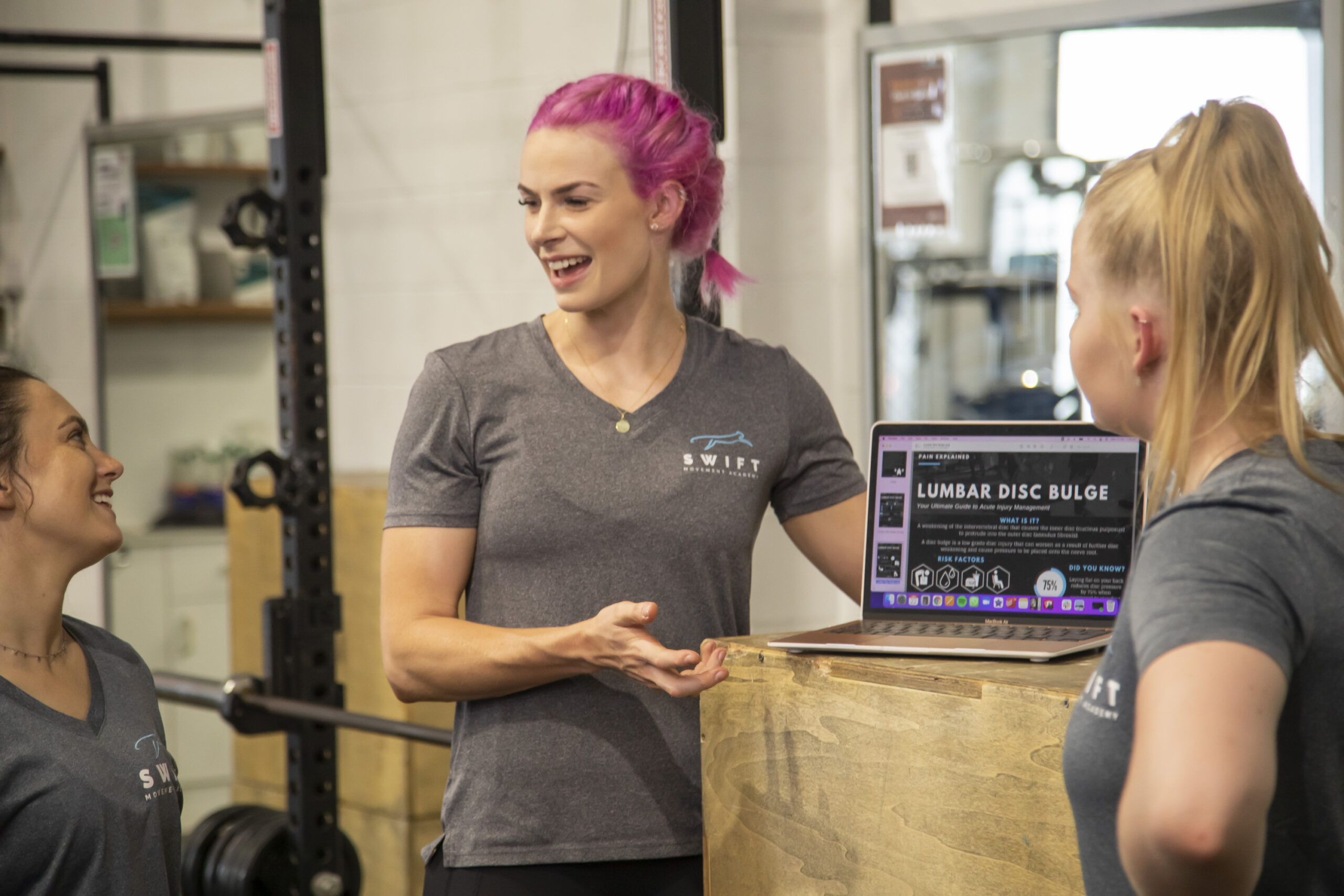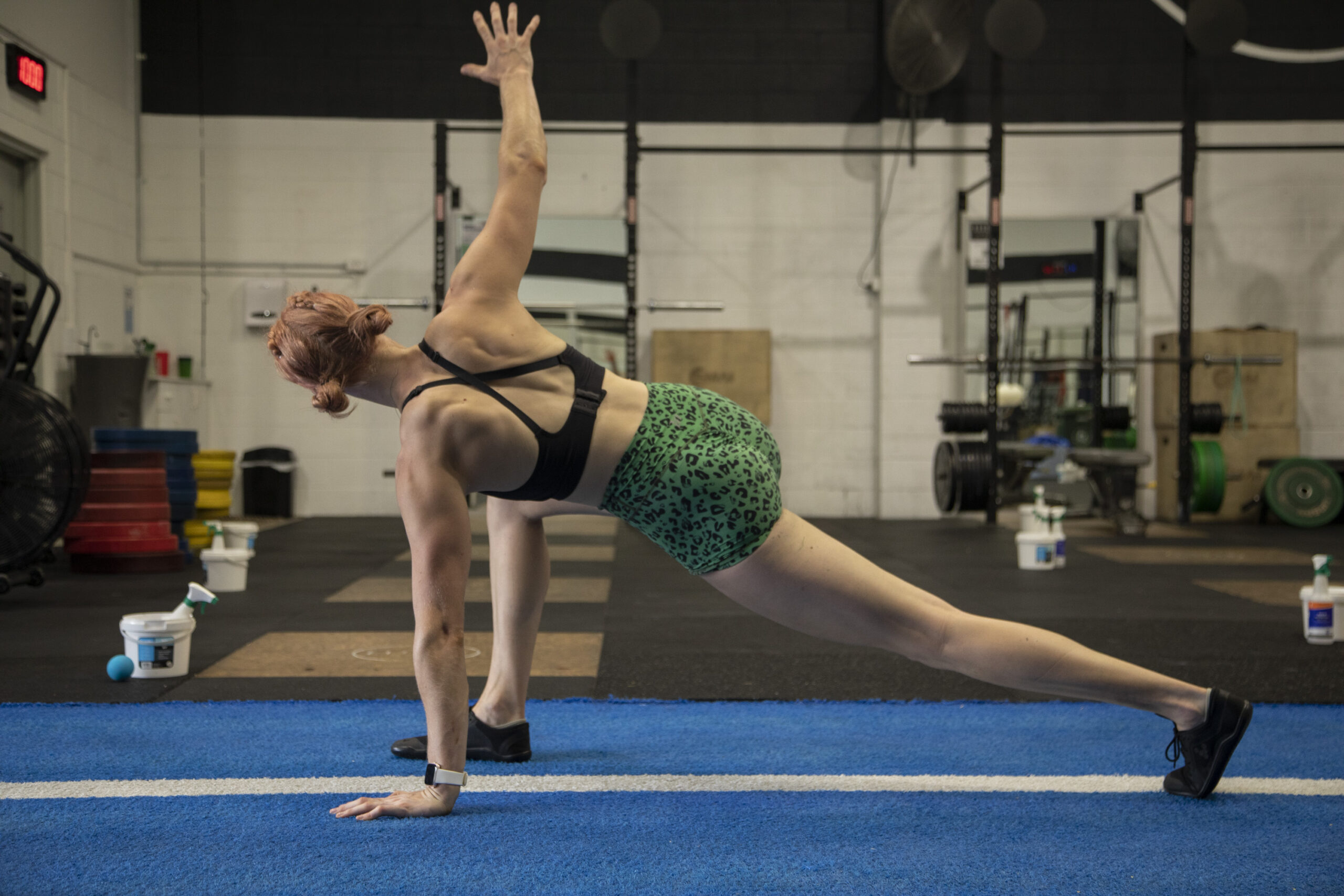In the world of exercise rehabilitation, achieving optimal progress is a top priority. Whether you’re recovering from an injury, managing a chronic condition, or striving for peak fitness, exercise rehabilitation offers a structured path to success. However, there’s a formidable obstacle that can hinder your progress: your own ego.
In this article, we’ll explore the impact of ego on exercise rehabilitation progress and provide actionable strategies to overcome its negative influence.

Understanding the Ego: Key to Unlocking Progress in Exercise Rehabilitation
Before we delve into the effect of the ego on exercise rehabilitation, it’s crucial to grasp its essence. The ego represents the inner voice within us that yearns for validation and recognition. It seeks superiority over others and often manifests in detrimental ways during the rehabilitation process.
Ego-Driven Challenges: Roadblocks to Rehabilitation Progress
- Unrealistic Expectations and Impatience: The ego frequently sets unattainable expectations, craving instant results and rapid progress. It tends to overlook the importance of gradual improvement and may drive you to exceed your physical limitations, resulting in setbacks and potential injuries.
- Overexertion and Ignoring Physical Limits: Driven by the ego’s need to prove oneself, individuals often push beyond their physical capacities. Ignoring signs of fatigue or pain can lead to overexertion, impeding progress and undermining the rehabilitation journey.
- Comparison and Competitiveness: Ego thrives on comparison, leading individuals to measure their progress against others. Constantly striving to outperform peers introduces unnecessary pressure, dampens motivation, and distracts from personal growth.
- Fear of Failure or Judgement: The ego harbours a deep fear of failure and seeks to shield itself from judgement or criticism. This fear can hinder exploration of new exercises or techniques, stifling growth and hindering rehabilitation progress.
- Resistance to Guidance and Expert Advice: The ego tends to resist seeking guidance or professional advice, believing it knows best. This resistance deprives individuals of valuable expertise and hampers the effectiveness of their rehabilitation journey.

Negative Consequences of Ego in Exercise Rehabilitation
Allowing the ego to dictate one’s approach to exercise rehabilitation carries several adverse consequences:
- Increased Risk of Injury and Setbacks: Ignoring physical limits and succumbing to the ego’s hunger for progress elevates the risk of injuries and setbacks, leading to prolonged recovery periods.
- Plateaued Progress or Inadequate Improvement: Ego-driven unrealistic expectations and impatience often result in stagnant progress. By fixating on immediate results, individuals overlook small victories and fail to recognize sustainable long-term improvement.
- Mental and Emotional Strain: The ego’s relentless pursuit of validation and comparison strains mental and emotional well-being. Feelings of inadequacy, frustration, and self-doubt can erode motivation and focus.
- Diminished Motivation and Burnout: When progress fails to meet the ego’s demands or when constant comparison prevails, motivation wanes, and burnout looms. The relentless pursuit of perfection exacts a toll physically, mentally, and emotionally.

Strategies to Overcome Ego and Drive Exercise Rehabilitation Progress
To succeed over the ego’s negative influence and achieve remarkable progress in exercise rehabilitation, you can try out the following strategies:
- Cultivate Self-Awareness and Recognize Ego-Driven Behaviours: Nurture self-awareness by observing your thoughts, emotions, and behaviours throughout the rehabilitation journey. Identifying ego-driven tendencies, such as impatience, comparison, or resistance to expert guidance, is vital for change.
- Set Realistic Goals and Foster Patience: Establishing realistic goals aligned with your rehabilitation journey is essential. Embrace the fact that progress unfolds gradually and be patient with yourself. Celebrate small victories along the way, recognizing that they contribute to long-term improvement.
- Focus on Personal Growth and Progress: Shift your focus from comparing yourself to others to focusing on your own growth and progress. Understand that everyone’s journey is unique, and your progress should be measured against your own capabilities and milestones.
- Embrace a Growth Mindset: Adopt a growth mindset that emphasises learning, resilience, and embracing challenges. View setbacks as opportunities for growth and use them as motivation to push forward. Embrace the process of rehabilitation as a chance to develop new skills and improve.
- Seek Expert Guidance and Support: Recognize the value of seeking professional guidance and support. Consult with experienced rehabilitation specialists who can provide tailored advice and develop a personalised program that maximises your progress. Trust in their expertise and follow their recommendations.
Conclusion
Exercise rehabilitation is a transformative journey that requires dedication, perseverance, and a willingness to confront one’s ego. By understanding the influence of ego-driven behaviors on progress, individuals can take proactive steps to overcome them. With self-awareness, realistic goal-setting, a focus on personal growth, and the support of professionals, it becomes possible to navigate the rehabilitation process with greater success. By taming the ego, you can unlock your true potential and achieve remarkable progress in your exercise rehabilitation journey.
- Bryant, E. S., & Veroff, J. (2006). Savoring: A new model of positive experience. Psychology Press.
- Dweck, C. S. (2006). Mindset: The new psychology of success. Random House.
- Kirschbaum, C., Pirke, K.-M., & Hellhammer, D. H. (1993). The ‘Trier Social Stress Test’—A tool for investigating psychobiological stress responses in a laboratory setting. Neuropsychobiology, 28(1-2), 76-81.
- Seligman, M. E. (2011). Flourish: A visionary new understanding of happiness and well-being. Simon and Schuster.
- Tedeschi, R. G., & Calhoun, L. G. (2004). Posttraumatic growth: Conceptual foundations and empirical evidence. Psychological Inquiry, 15(1), 1-18.





